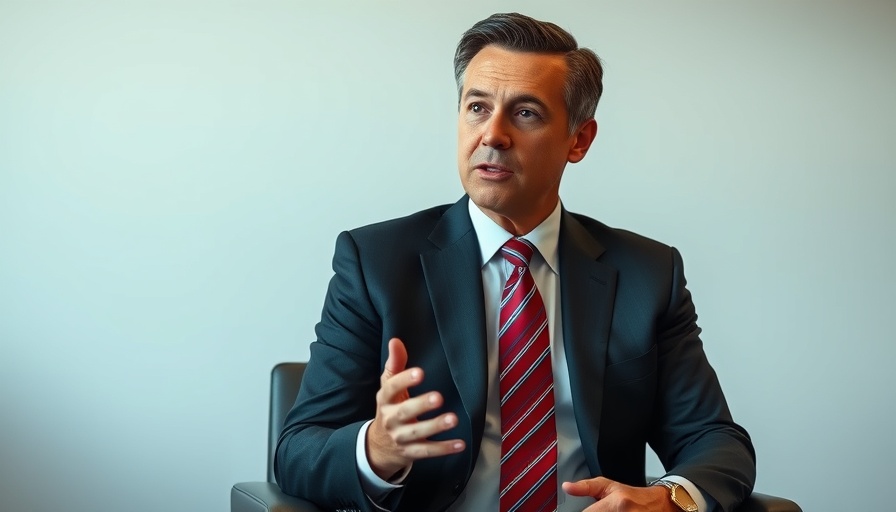
The Pressure Mounts on President Ramaphosa
In the complex landscape of South African politics, President Cyril Ramaphosa now faces significant legal pressure from the Association of Regional Magistrates of Southern Africa (Armsa) to implement a 34% salary increase for magistrates. This demand highlights a crucial conflict between the need to maintain judicial independence and the government's imperative to manage a rapidly escalating public wage bill, now estimated at a staggering R740 billion.
Understanding the Context: Why Now?
According to Armsa President Ian Cox, this proposed salary increase is not merely a financial adjustment but a necessary corrective action for what has been perceived as long-running injustices. For over 15 years, magistrates’ salaries have failed to keep pace with inflation and rising responsibilities. The Independent Remuneration Committee's recommendation has thus served as a catalyst for this urgent dialogue, focusing on the growing demands placed on the judiciary.
Historical Context: The Struggle for Fair Compensation
The recommendation from the Independent Remuneration Committee represents a critical junction in acknowledging the contributions of magistrates. Over the years, magistrates have faced increasing workloads coupled with salary increases that significantly lagged behind economic growth and inflation rates. Cox articulates that the increase proposed by the committee seeks to remedy the inequitable treatment experienced by magistrates, one that undermines the very fabric of judicial independence.
Government’s Dilemma: Balancing Budgets and Duties
For the government, the dilemma lies in balancing its constitutional obligations with fiscal responsibility. As the South African economy grapples with high unemployment rates and fluctuating inflation rates, the administration is tasked with addressing pressing concerns, including service delivery protests and public sector strikes—a reality that complicates wage negotiations across various sectors.
Public Reaction and the Role of Media
The public's sentiments towards this issue are mixed. Many citizens see the demands of magistrates as justified given the rising cost of living and the importance of a robust judiciary. Conversely, others argue that with South Africa's economy already strained, any increase could exacerbate public deficits. The role of media in shaping this dialogue is crucial; it provides essential context and fosters a balanced discourse, allowing citizens to engage with the complexities of government policies and judicial independence.
Future Implications: What Lies Ahead
The outcome of this push for a salary increase could set a significant precedent. If implemented, it may prompt similar demands across other sectors, triggering a ripple effect in public sector wage negotiations. This situation underscores the delicate interplay between a well-functioning judiciary and a responsible government capable of upholding constitutional mandates while managing economic realities.
A Call for Accountability
Both magistrates and the government must engage in open dialogue, emphasizing transparency and accountability. As decisions are made, they should be informed by a commitment to uphold human rights and the tenets of justice, ensuring that public servants are compensated fairly for their vital roles in society.
Conclusion: The Path Forward
The unfolding events surrounding the proposed salary increase for magistrates reflect broader issues within South African governance, including the impact of state capture, the need for effective public policies, and the quest for economic recovery amidst social inequalities. As the public continues to scrutinize the government's decisions, creating a pathway that respects judicial independence while addressing fiscal realities will be key to fostering trust and accountability in South Africa's democratic framework.
 Add Row
Add Row  Add
Add 




Write A Comment